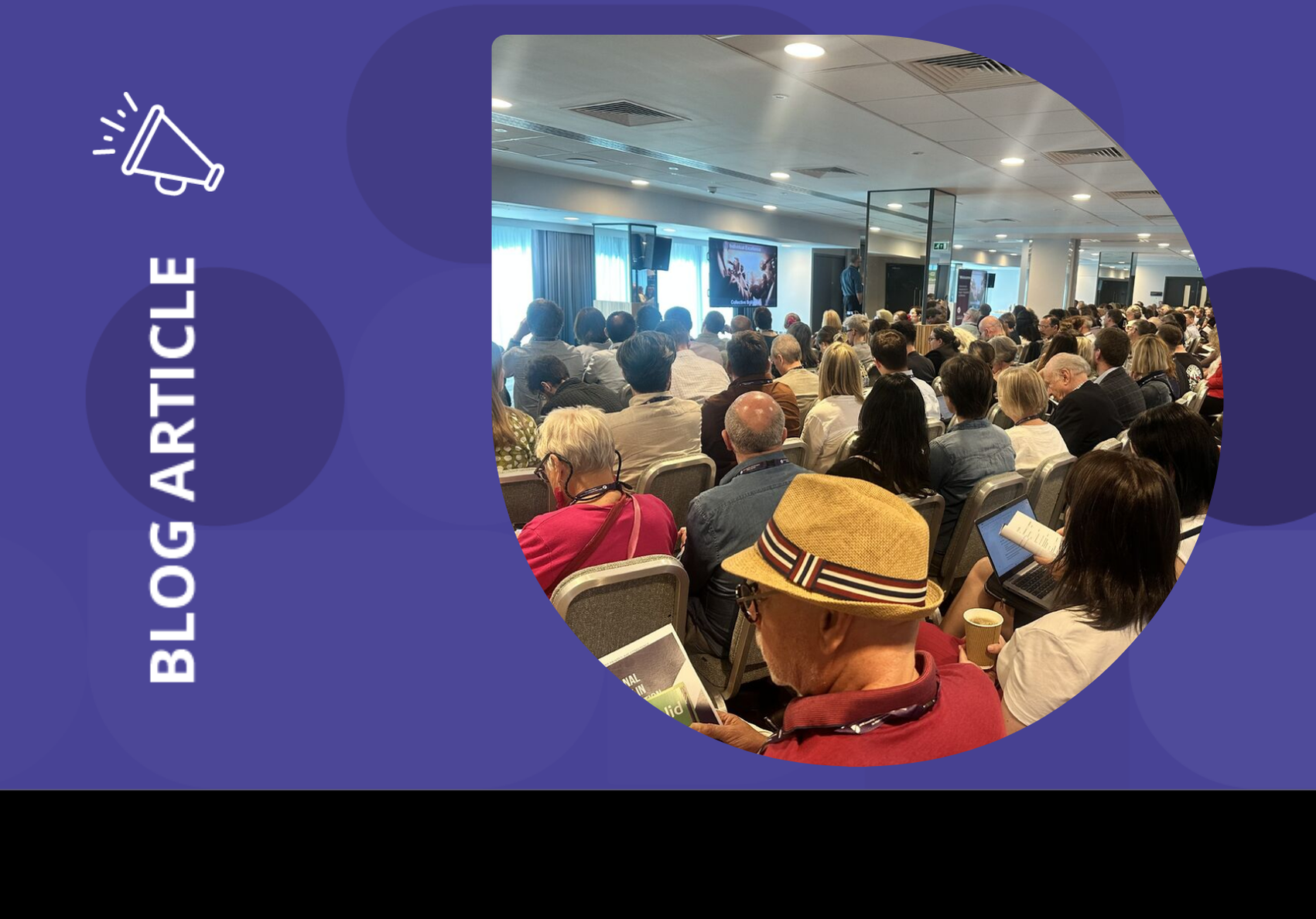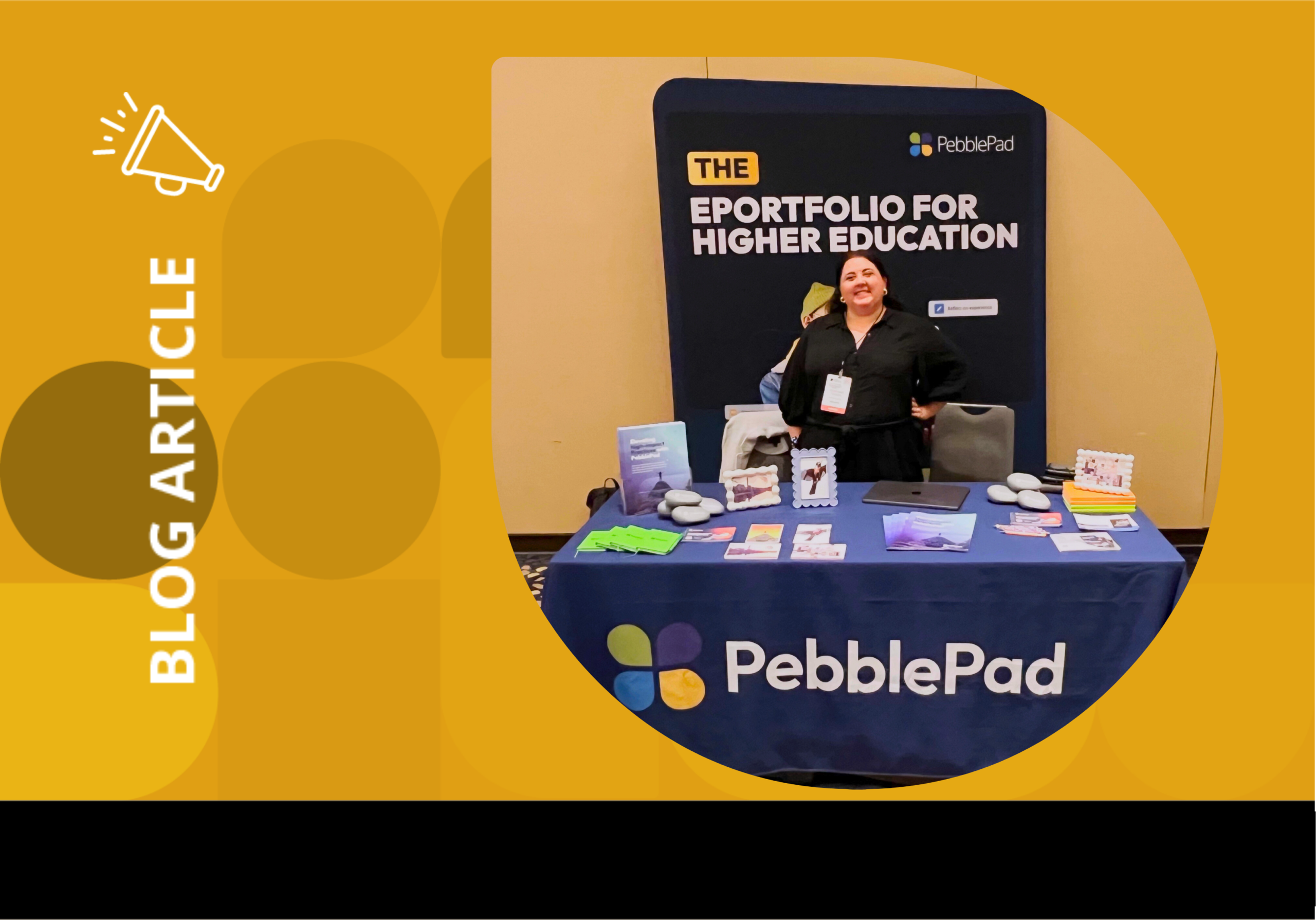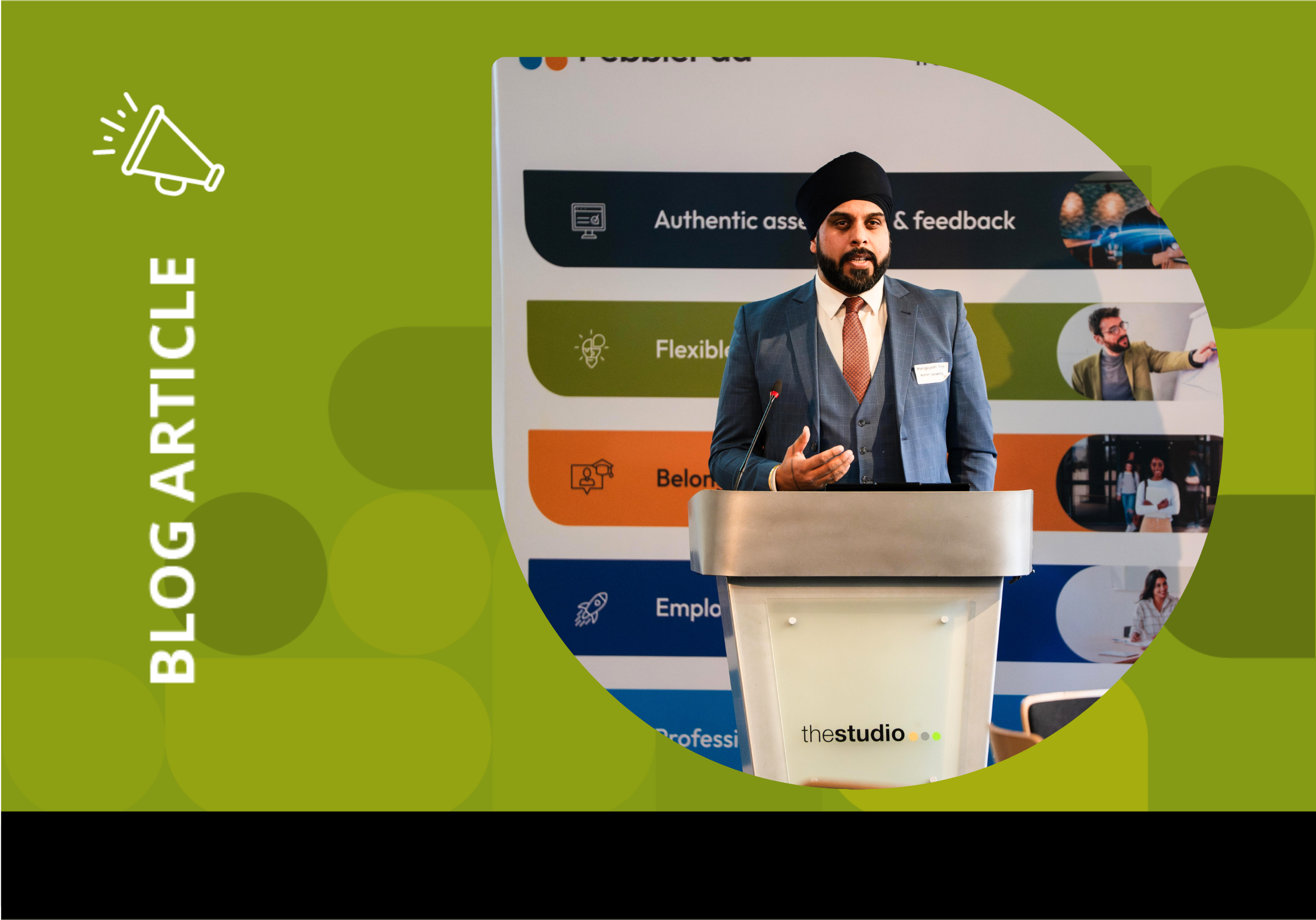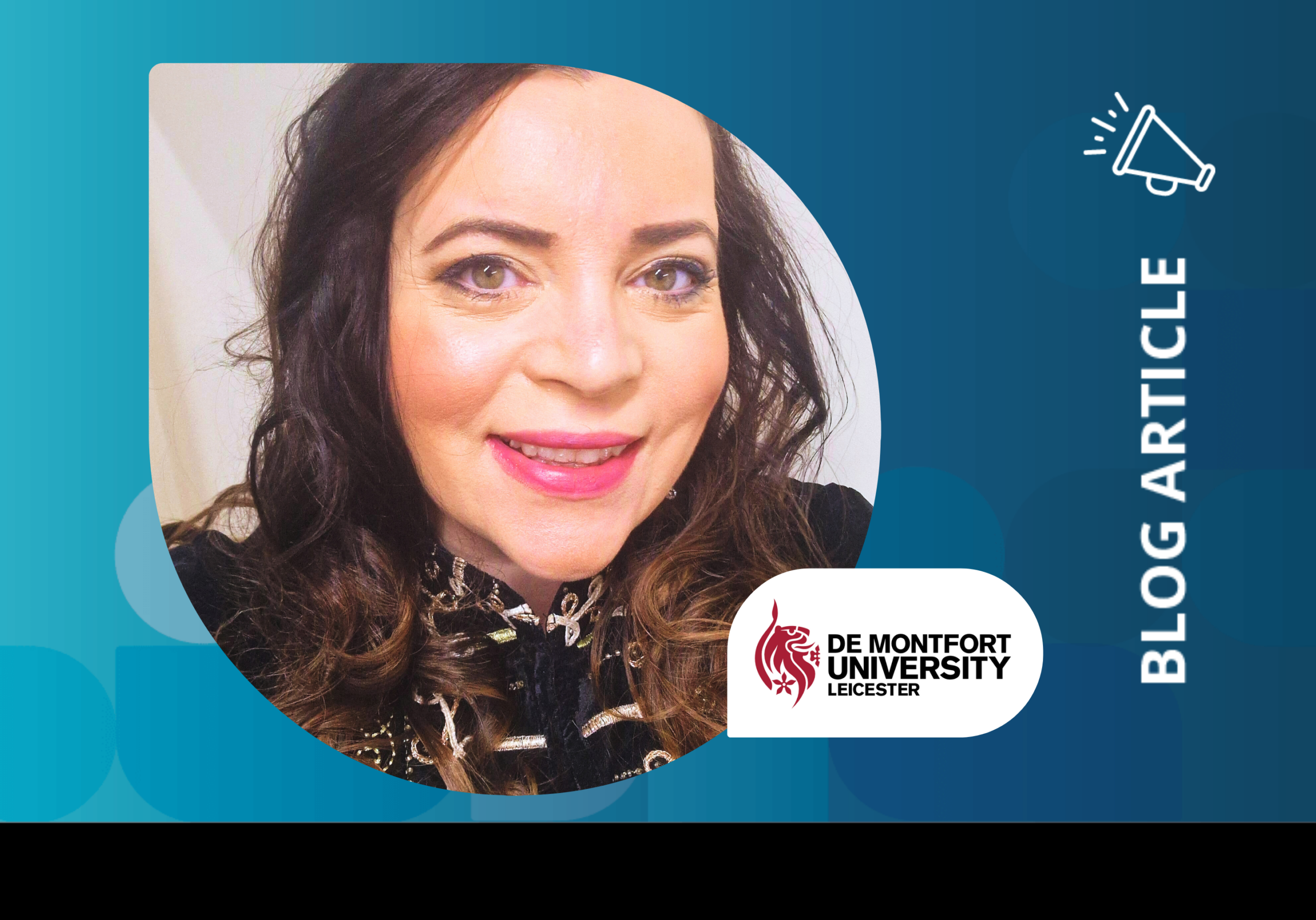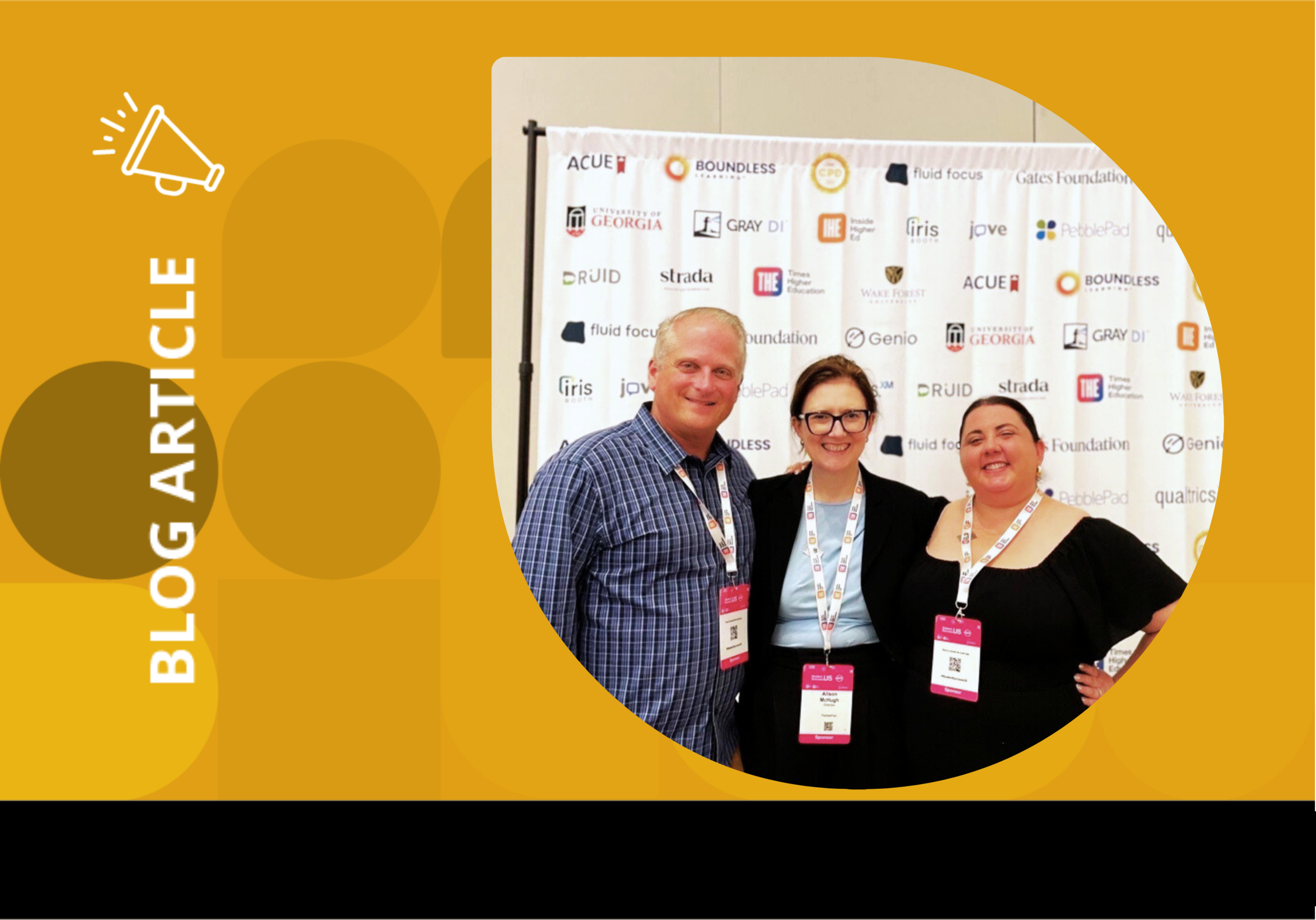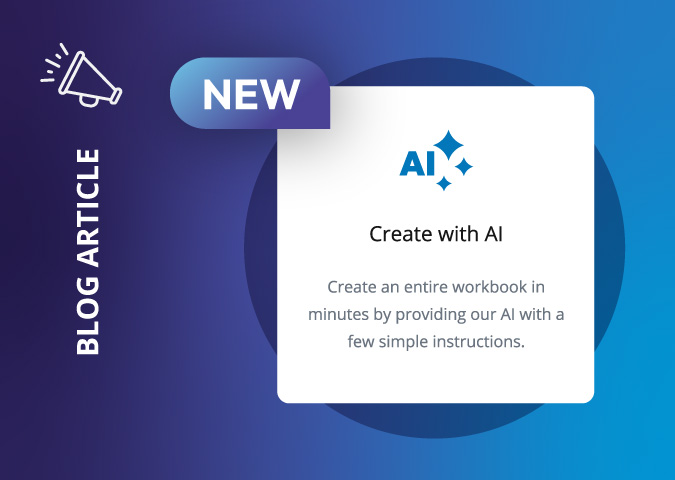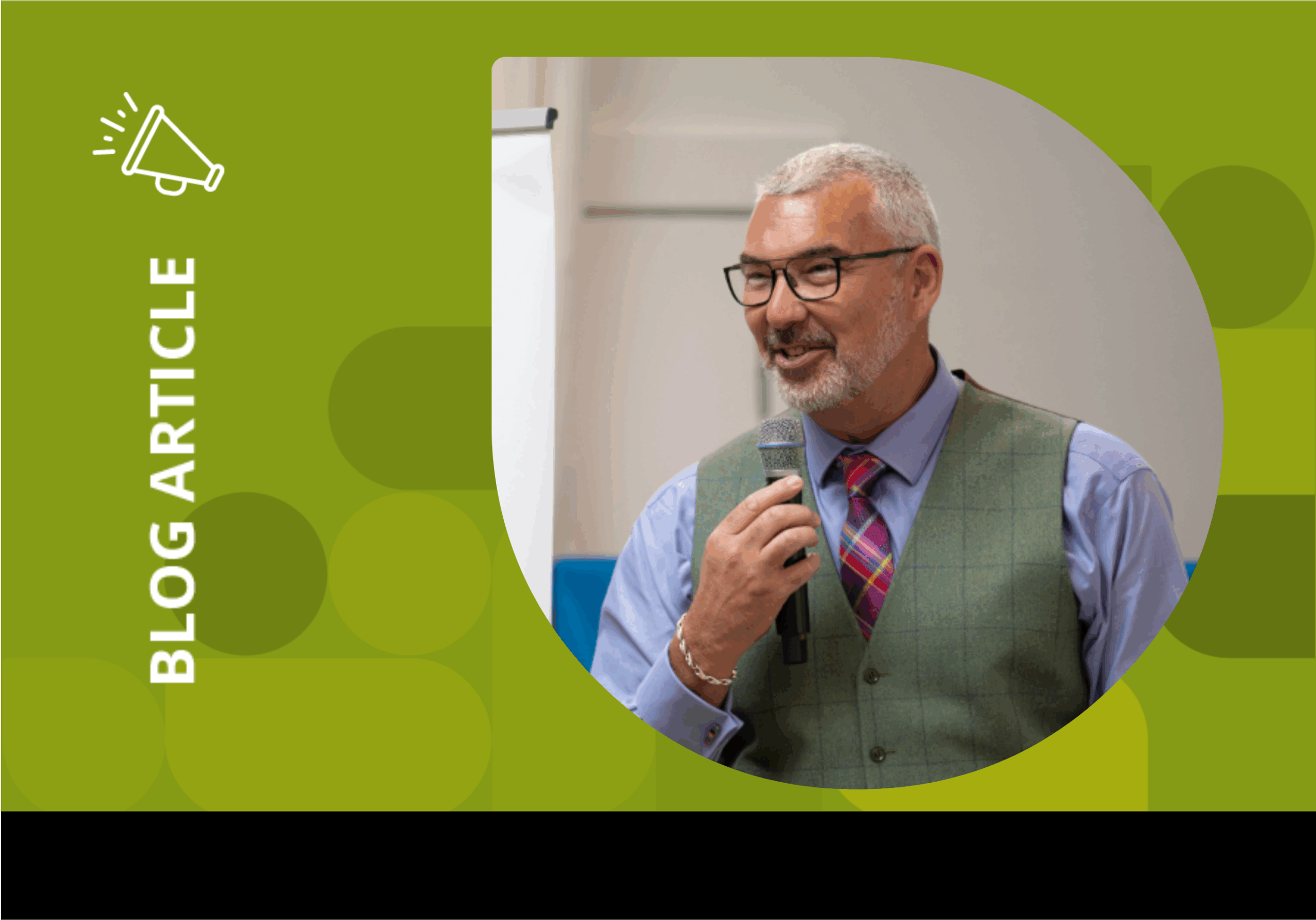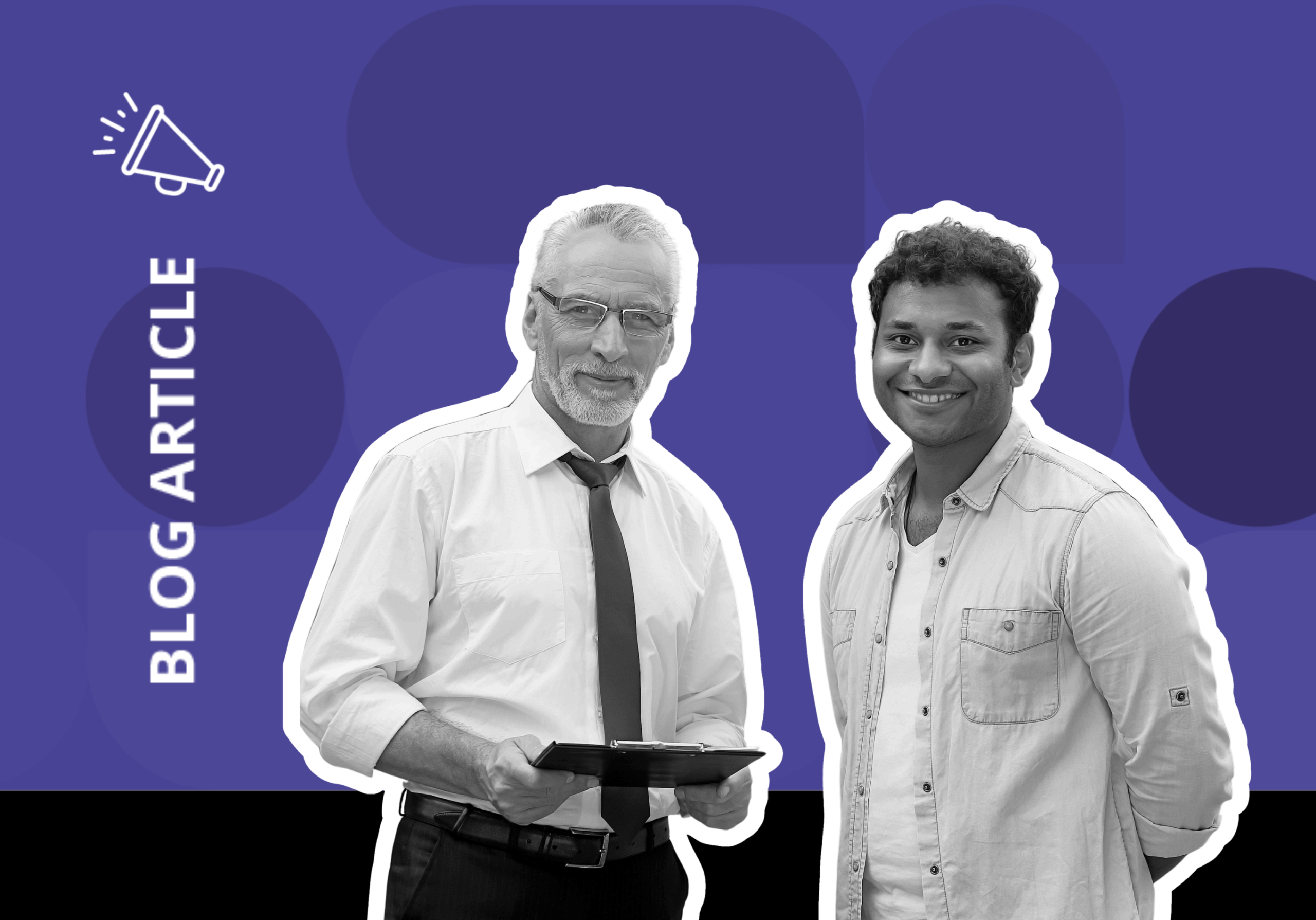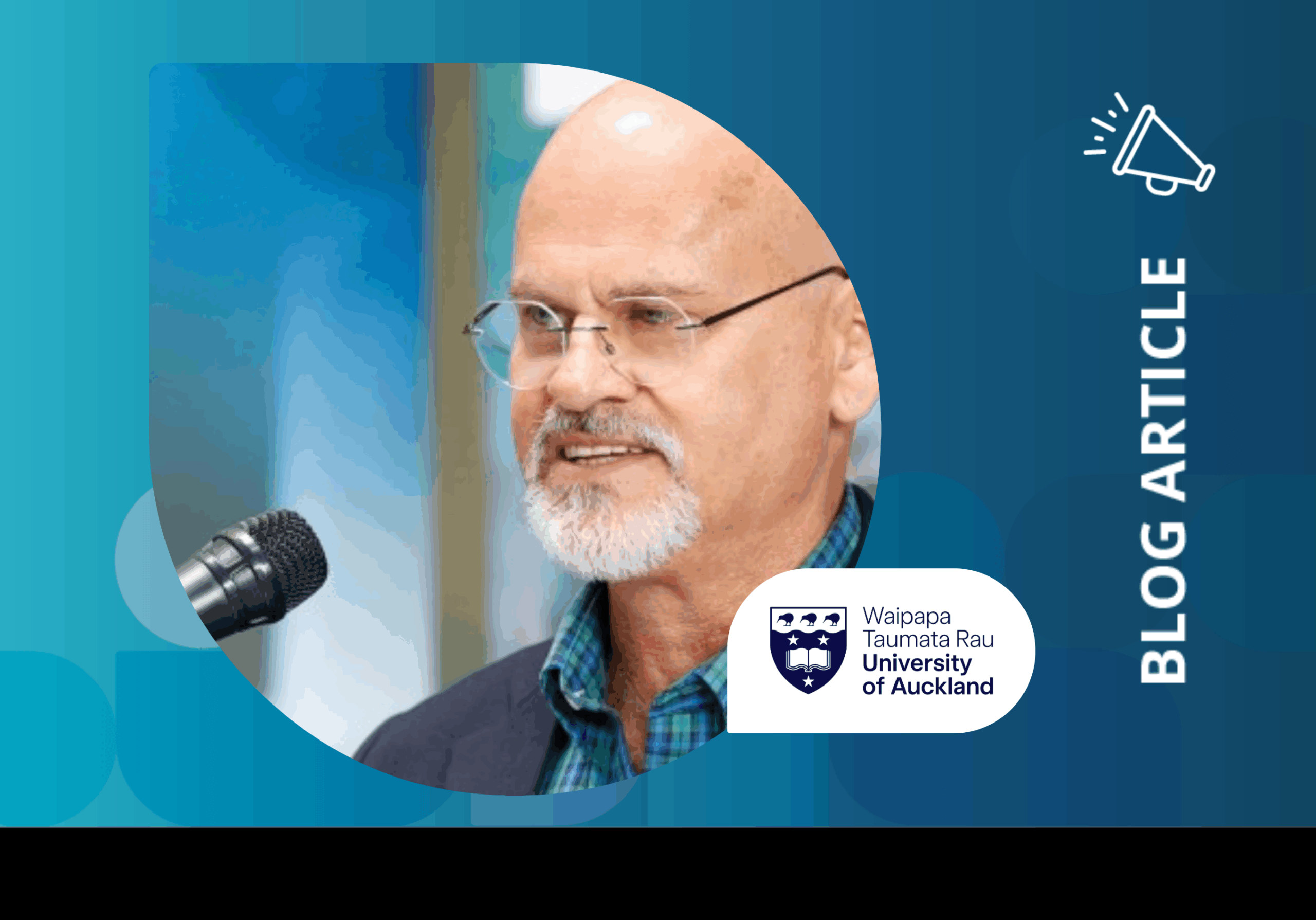Waiting at Manchester Piccadilly for the train back to Glasgow after AHE, I found myself staring up at the station clock – a quiet reminder that time waits for no one.
That feels especially true in higher education right now, where assessment is at the centre of seismic change. The #AHEConf2025 was a vivid reminder that we’re in a moment of both disruption and opportunity – a moment that demands courage, creativity and community.
I left with a head full of ideas, hope, (a slightly overheated brain) – and nine highlights that stayed with me:
1. Purposeful change
Sam Elkington opened the conference with a powerful keynote that framed our current moment with a quote that stuck with me: “It never always gets worse.” He called on us to embrace complexity, ambiguity and transformation – to lean into a more authentic, inclusive and values-driven vision of assessment.
2. Beyond the module
A recurring theme across sessions was the need to move beyond fragmented, module-based assessments toward cohesive, programme-wide design. This isn’t just a structural change – it’s about making assessment more meaningful for students.
Special thanks to the Dutch learning community and to Liesbeth Baartman and Tamara van Schilt-Mol, who shared thoughtful research and practice in programmatic assessment. Their work showed how community and connection can drive real, scalable change. From my perspective, the Netherlands is leading with purpose.
3. Driving change
A key highlight was the presentation Leading Change in Assessment and Feedback at Programme and Institutional Level by Liesbeth Baartman and Tamara van Schilt-Mol. Drawing on five years of collaborative research across 20–30 higher education programmes, they shared insights from a professional learning community focused on programmatic assessment.
The session introduced design principles for panel interviews, a model for assessment literacy and findings on how assessment design influences students’ self-regulated learning, offering practical strategies for driving meaningful change in assessment practices.
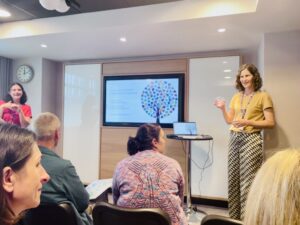
4. In it together
Across the conference, co-designing assessments with students was also a recurring principle – one that sits at the intersection of inclusion, accessibility and innovation. Conversations around AI and inclusive design signalled a future of assessment that must be both participatory and adaptive.
5. The Black Box
Dr Rob Nash and Naomi Winston offered a fascinating dive into what happens in the black box – the internal cognitive processes students experience when receiving feedback. It’s a crucial reminder: feedback doesn’t end when it’s given. That’s when the real learning begins.

6. Authentic assessment
Themes of authentic assessment and student motivation – especially through the lens of self-determination theory – ran throughout the day. Christopher Martin and Michelle Cordingley captured this beautifully, showing how assessment can promote autonomy, competence and empowerment through meaningful, self-directed learning.
7. Hold the line
As a Scot, I couldn’t help but feel a special connection to UCLan’s ‘Hold the Line’ presentation. Inspired by the film Braveheart, it explored the courage and conviction needed to lead cultural change in assessment – particularly within tightly regulated professional programmes like pre-reg nursing.
Tyler Warburton, Hazel Dickinson and the team spoke powerfully about how trust, psychological safety, coaching and creative problem-solving are essential to any human-centred approach to change.
8. Supporting wellbeing
Rebecca Rochon and colleagues posed a bold and timely question: Can assessment actively support wellbeing? Their answer – grounded in a positive model of reflection (SELF) – encourages students to focus on their strengths, not just their struggles. A much-needed reminder that reflective assessment can be both rigorous and restorative.
9. Promise of Gen AI
Kelly Webb-Davies brought a fresh and critical perspective to generative AI’s role in creating more inclusive assessments. She challenged us to rethink how language bias impacts validity and showed how AI tools can help multilingual and neurodiverse learners express their ideas without being penalised for not conforming to academic English norms.
By separating language proficiency from content knowledge – through approaches like AI-assisted writing, multimodal assignments and oral presentations – we can open up fairer, more equitable pathways to success.
Final thoughts
On the slow train home, one thing feels certain: change is not coming – it’s already here. And if we want assessment to meet this moment, we need to lead with values, not just policies.
There were so many rich sessions and brilliant people at #AHEConf2025 that I haven’t been able to mention here. But if you were there – or you’re navigating similar questions in your own context – I’d love to hear what’s resonating for you.


